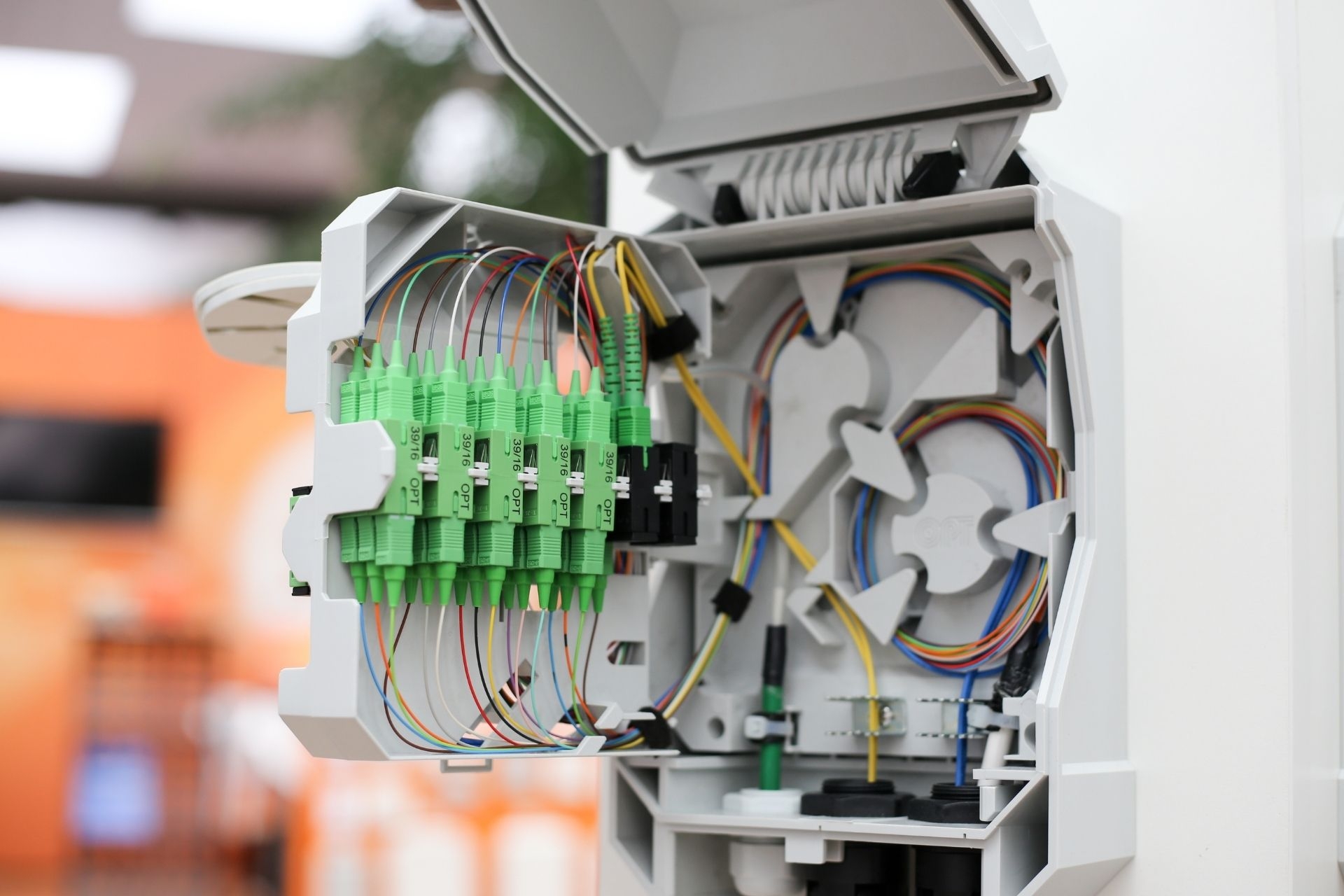Content Delivery Networks (CDNs)
How do CDNs improve website performance by reducing latency and increasing page load speeds?
Content Delivery Networks (CDNs) improve website performance by reducing latency and increasing page load speeds through the use of strategically placed servers around the world. By caching content closer to the end-user, CDNs can deliver web pages more quickly, resulting in a faster and more seamless browsing experience. This reduction in latency is especially beneficial for websites with global audiences, as it minimizes the time it takes for data to travel from the server to the user's device.







